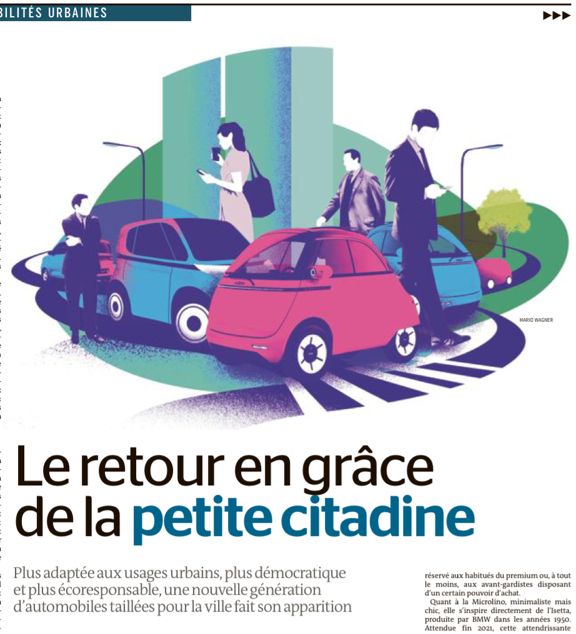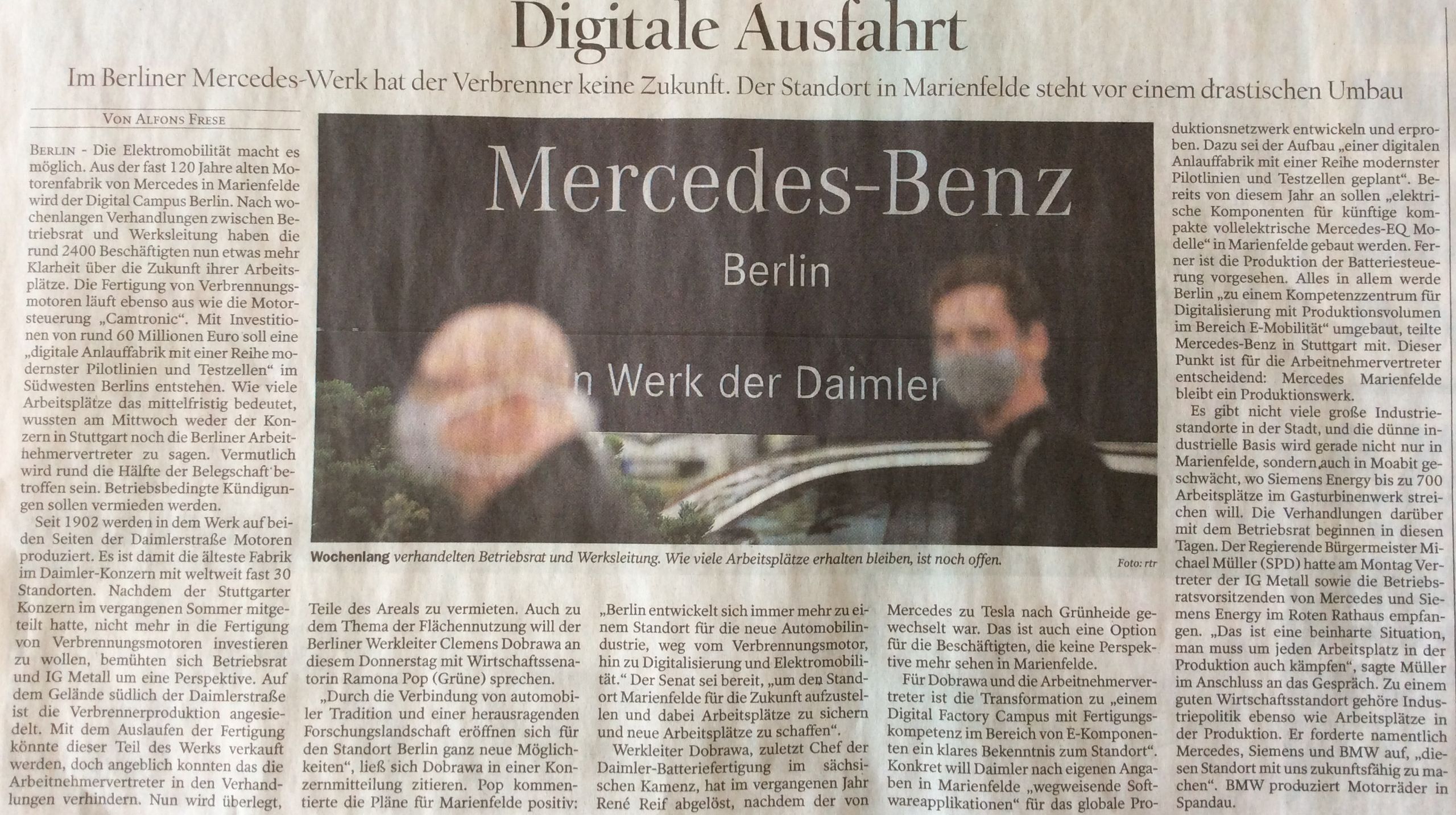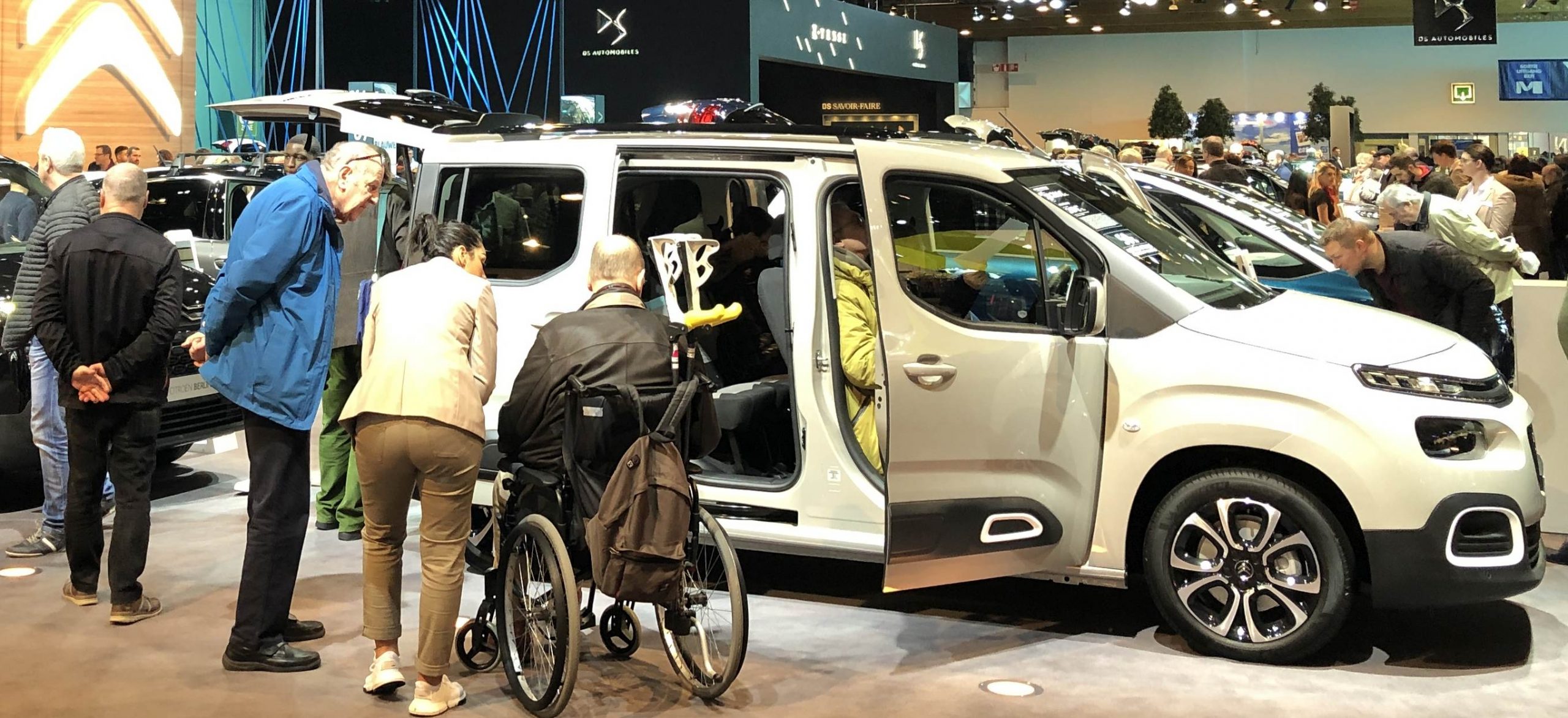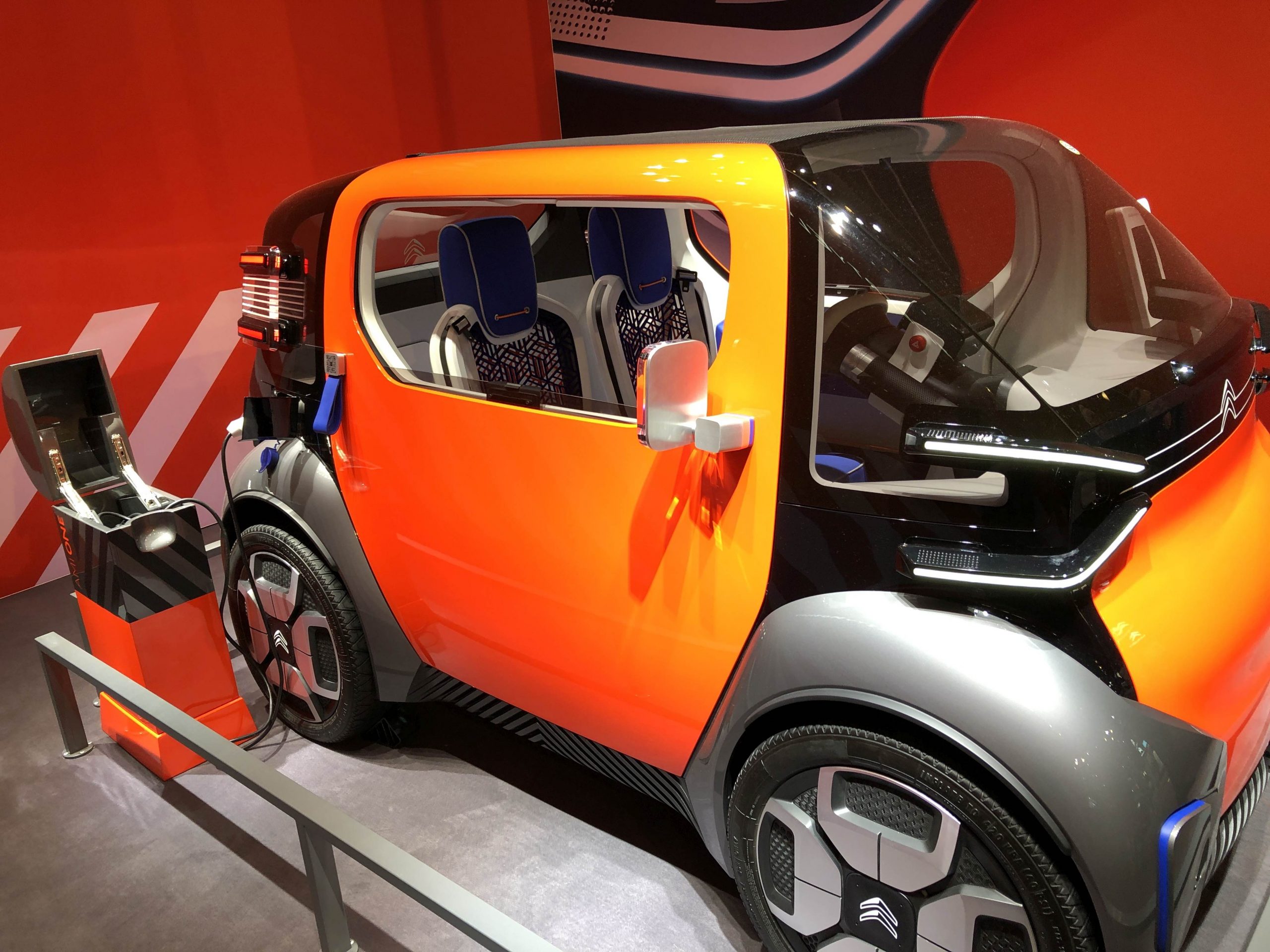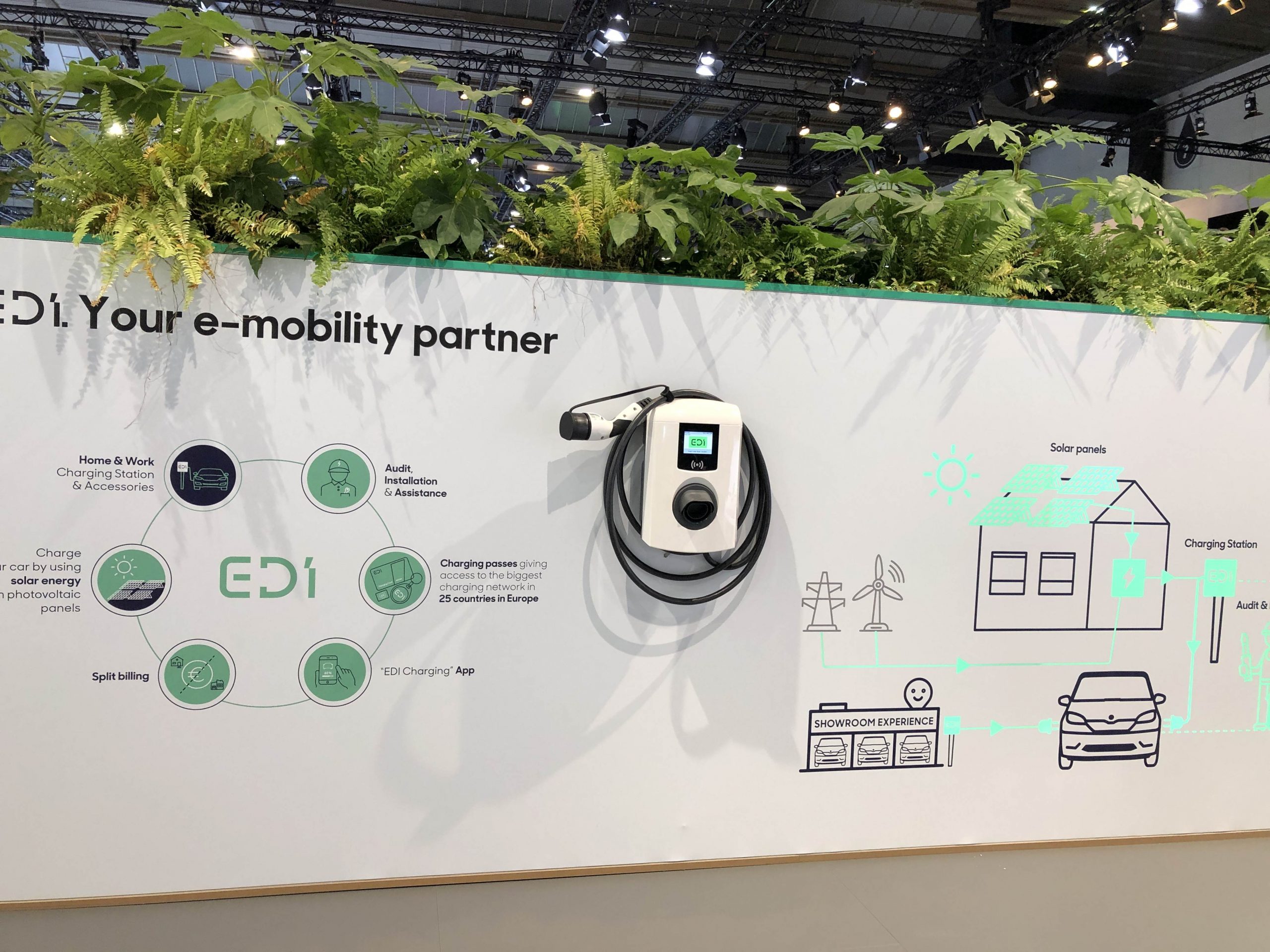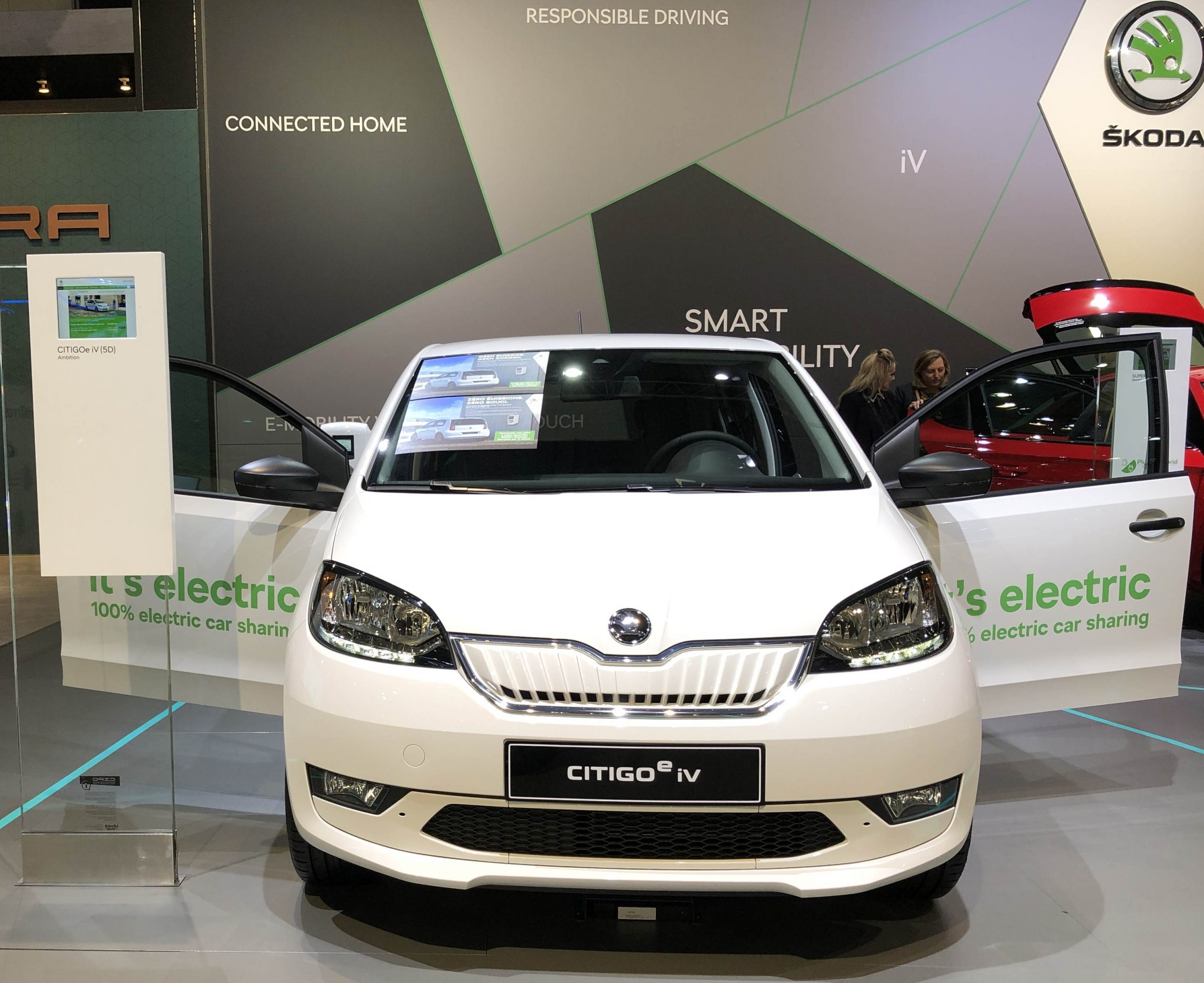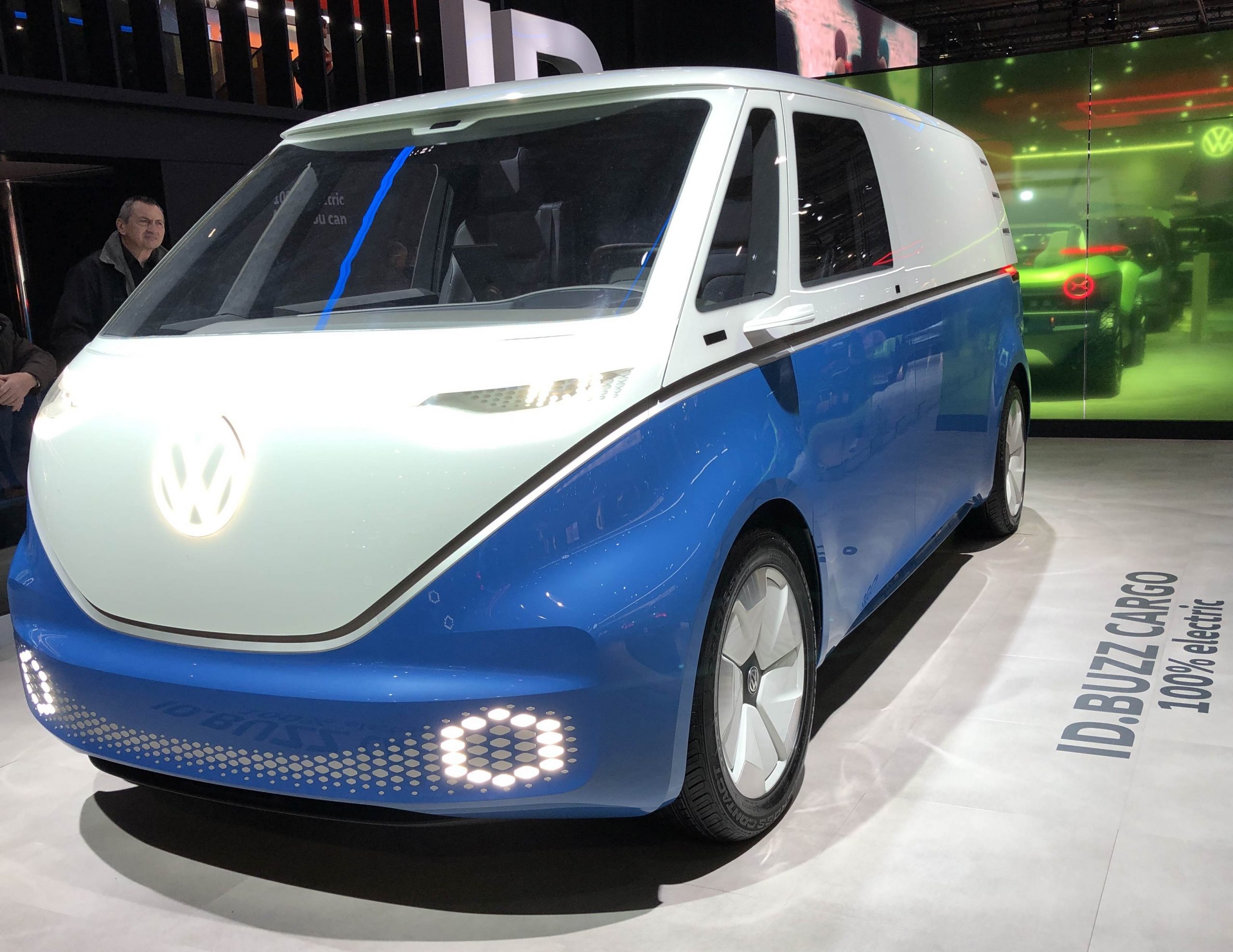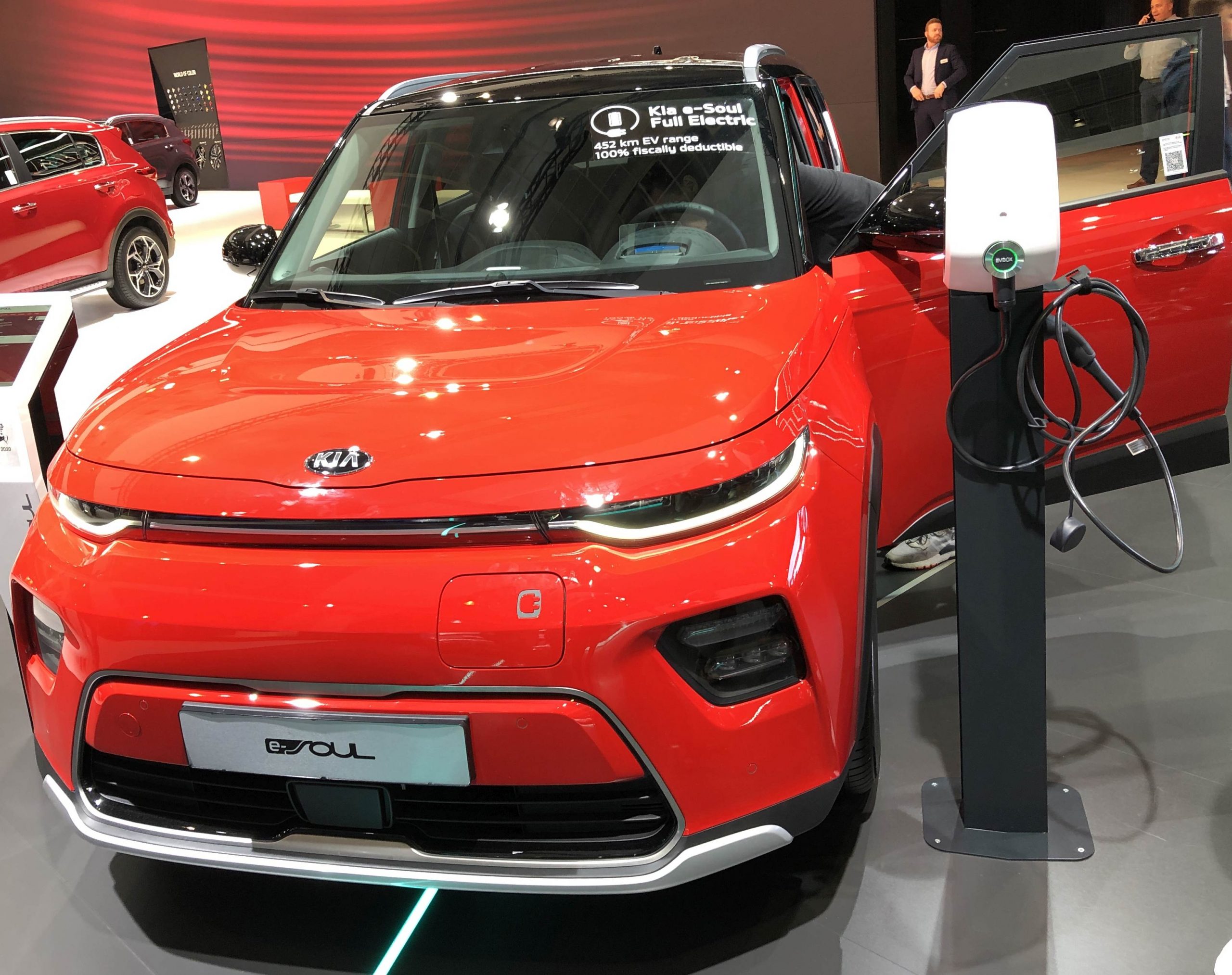The electrification of the automotive industries is well under way. However, there is still the resistance of a few warriors from a village called “Gaulle” that fight the imperial forces that dominate these markets. The abundance of cars with batteries and electricity-based traction keeps growing, More utility vehicles shift over to this technology as well. With India and China making significant shifts in this direction, the market has made a significant technological shift until the beginning of 2026. The share of hybrid or solely electric power in cars has risen sharply, but a small segment (10% of diesel engines seems to survive or is only slowly petering out in the coming decade. The publication by Béla Galgóczi (editor) demonstrates the challenges this poses to the companies, their employees and the automotive sector as a whole, as it comprises a large amount of employment and technologies in the traditional supply chain as well. The need for a substantial and costly shift has started, but the downsizing of companies, as electric cars need far fewer pieces than conventional ones, could offer an opportunity, if the skilled employees can be converted to other productive use.
A single sector study offers a lot of “deep” insights into a sector, but the opportunities and openings in other not to distant sectors tend to be overlooked. The European sovereignty in the area of military, standardised technology, which is also still based on many precision and metal components might come as a rescue not only to Ukraine, but to Europe as a whole.





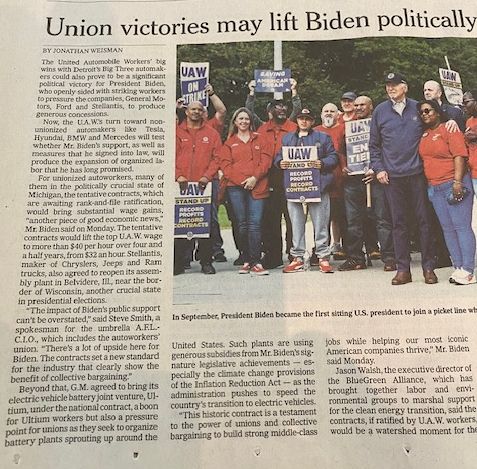
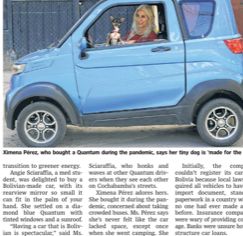 um unserer (Enkel-)Kinder willen.
um unserer (Enkel-)Kinder willen. 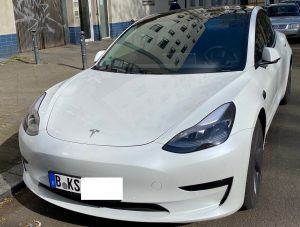

 Mehr als 2 Jahre später ist dieser Blogeintrag zu einem programatischen Titel in “Le Monde” vom 24.3.2021 S.19 geworden.
Mehr als 2 Jahre später ist dieser Blogeintrag zu einem programatischen Titel in “Le Monde” vom 24.3.2021 S.19 geworden. 